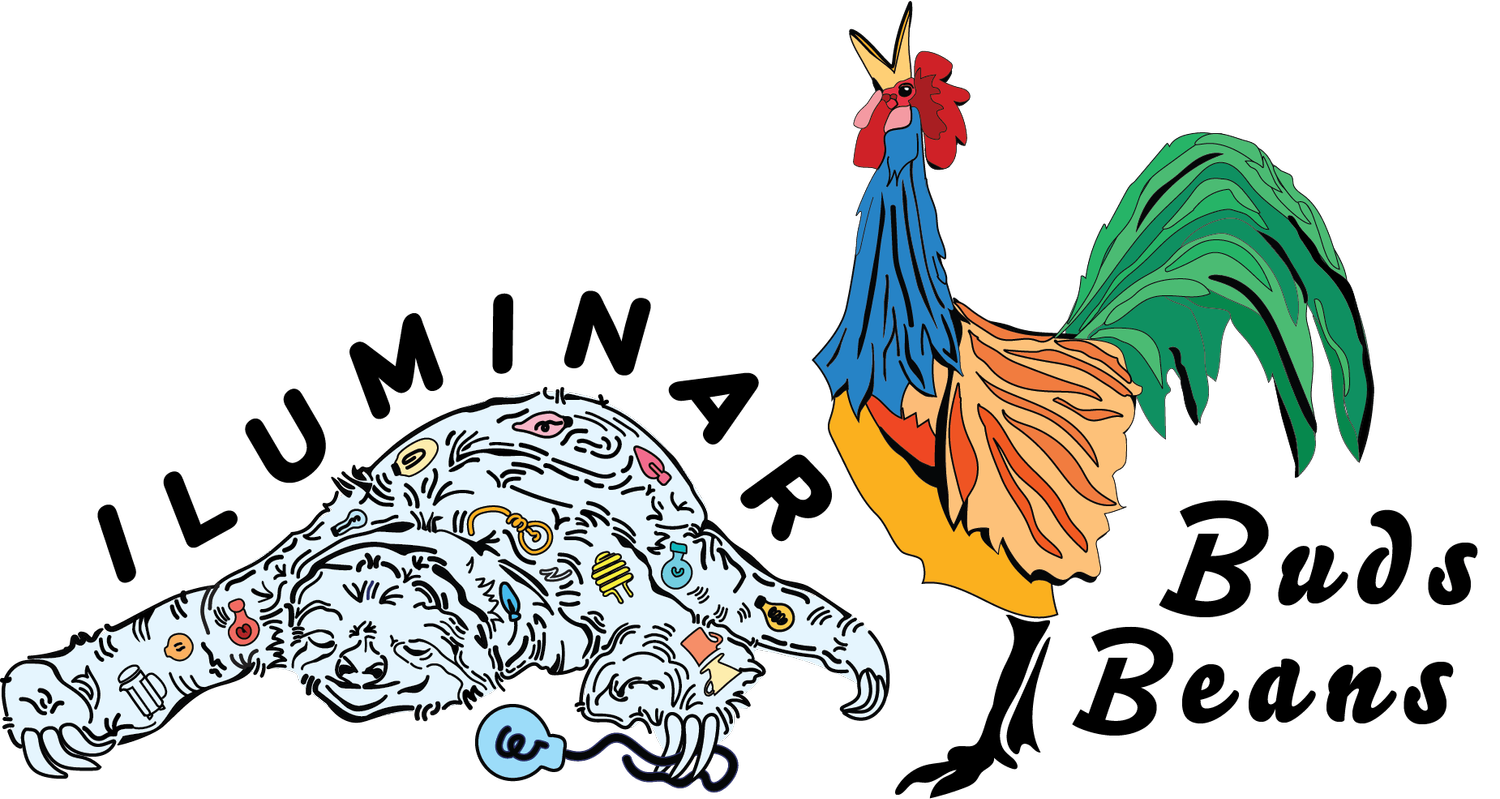Sustainability in the Coffee Industry: Why Small Independent Roasters Matter
Coffee is one of the most beloved and widely consumed beverages in the world, but the industry that produces it is plagued by a number of sustainability issues. From the way coffee is grown and harvested to the way it's roasted and consumed, there are many areas where the industry falls short when it comes to protecting the environment and ensuring fair treatment for farmers and workers.
One of the biggest issues facing the coffee industry is the way it's grown. Coffee is a crop that requires a lot of water and nutrients, and it's often grown in areas that are prone to deforestation. This can lead to the loss of valuable habitats and species, as well as contribute to climate change. Additionally, many coffee farmers use chemical pesticides and fertilizers, which can harm local ecosystems and the health of the people who live nearby.
Another problem with the coffee industry is the way it's traded. Coffee is one of the most heavily traded commodities in the world, and the prices paid to farmers are often very low. This can make it difficult for farmers to make a living wage, and it can also lead to the exploitation of workers.
When it comes to roasting and consuming coffee, there are also issues with sustainability. Many roasters use energy-intensive processes to roast their beans, which can lead to high carbon emissions. And when it comes to consuming coffee, disposable cups and plastic lids are a major contributor to plastic waste.
One solution that has been proposed to address these issues is fair trade certification. The idea behind fair trade is to ensure that farmers are paid a fair price for their coffee, and to promote sustainable and ethical coffee production. However, fair trade certification has its own set of issues and limitations.
One major problem is that the certification process can be expensive and time-consuming for farmers, and not all farmers can afford to go through it. Additionally, fair trade certification doesn't guarantee that farmers will receive a living wage, and it can also lead to a premium being charged for fair trade coffee that may not be passed on to the farmer.
It's important to note that fair trade is not a guarantee that the coffee is grown in an environmentally sustainable way, it only guarantees that the farmers are paid what the market deems a fair price.
This is why buying coffee from small independent roasters is an important step towards ensuring sustainable and ethical coffee production. Small roasters are more likely to use environmentally friendly methods and to pay fair prices to farmers. Additionally, they are more likely to be transparent about the sourcing of their beans and to provide more detailed information about the coffee's origin.
In conclusion, the coffee industry has a long way to go when it comes to sustainability. By supporting small independent roasters, we can help promote sustainable and ethical coffee production and ensure that farmers are paid a fair price for their beans.
